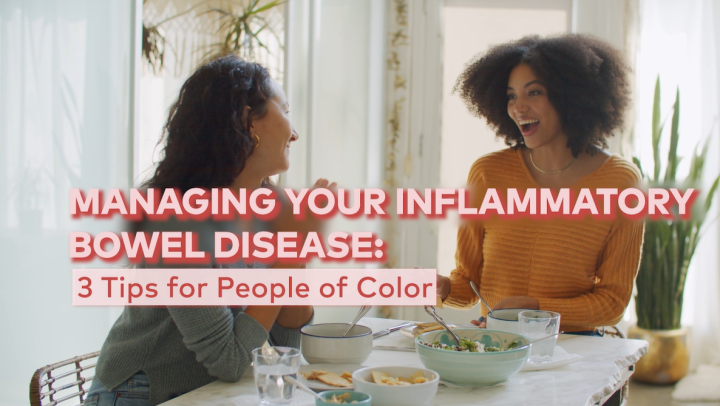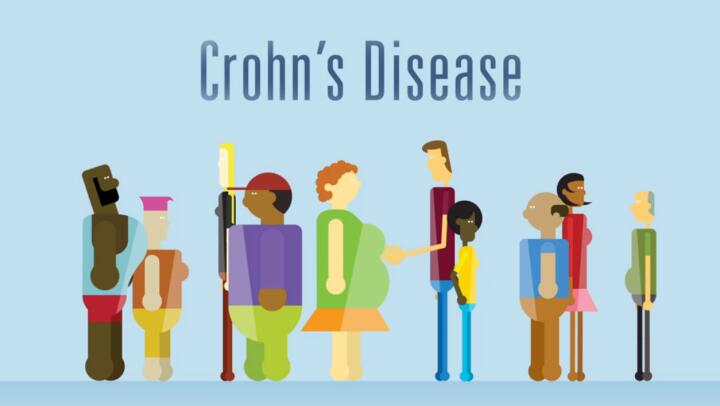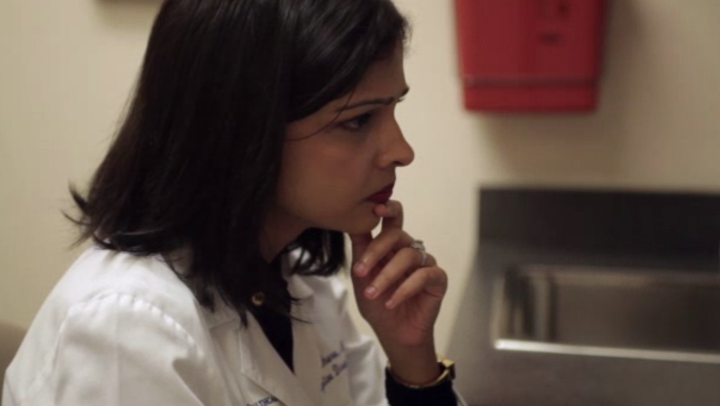What is dark stool?
Darkening of the stool may be a normal occurrence related to specific foods or medications; however, it can sometimes be a sign of a more serious condition such as bleeding in the intestinal tract. When related to foods, blueberries, beets, or black licorice are often the cause. Stool passed after eating these foods may be dark brown, bluish, reddish, or black. Iron supplements and medications containing bismuth subsalicylate, a common ingredient in anti-diarrhea medications, can also turn the stool dark or black.
Dark stool not associated with specific foods or medications can be more worrisome and may be an indicator of bleeding somewhere in the digestive system. The color and quality of the stool depends on where the bleeding is occurring and how fast the stool moves through the digestive system. Blood from the esophagus, stomach, and small intestine may have time to be metabolized as it transits, which can result in black stool that may have a tarry consistency (melena).
Bright red blood in the stool frequently comes from the lower portion of the digestive tract, specifically the colon or anus. It has not been metabolized and so it preserves a bright red appearance (hematochezia). At the same time, bleeding from higher up can speed digestive transit times, so bright red blood does not rule out bleeding from the esophagus, stomach, or small intestine. Red striping of the stool is often related to bleeding near the exit of the digestive tract and may be seen with hemorrhoids.
Since dark stool can be related to digestive tract bleeding, if it cannot be explained by a specific food or medication, dark stool should be immediately evaluated in an emergency setting. Seek immediate medical care (call 911) for bloody stool or stool that is black or tarry in consistency that is accompanied by profuse sweating, changes in level of consciousness, rapid heartbeat (tachycardia), severe abdominal pain, vomiting blood, or chest pain.
If your dark stool is persistent or causes you concern or if you have pain with bowel movements, seek prompt medical care.
What other symptoms might occur with dark stool?
The symptoms of dark stool are generally related to food or medications that pass through the digestive tract or something more serious such as digestive tract bleeding.
Digestive symptoms that may occur along with dark stool
Dark stool may accompany other symptoms affecting the digestive tract including:
Abdominal pain or cramping
Abdominal swelling, distension or bloating
Fecal incontinence (inability to control stools)
Nausea with or without vomiting
Painful bowel movements
Urgent need to pass stool
Other symptoms that may occur along with dark stools
Slow or intermittent bleeding in the digestive tract can lead not only to dark stool, but also to anemia. Dark stool can also be a sign of serious liver disease that can lead to enlargement of the veins in the esophagus, which can break and bleed. Thus, dark stool may accompany symptoms related to anemia or other conditions including:
Easy bleeding or bruising
Pale skin or pallor
Weakness (loss of strength)
Weight loss
Yellowing of the skin and whites of the eyes (jaundice)
Serious symptoms that might indicate a life-threatening condition
In some cases, dark stool may be a symptom of a life-threatening condition that should be immediately evaluated in an emergency setting. Seek immediate medical care (call 911) if you, or someone you are with, have any of these life-threatening symptoms including:
Change in level of consciousness or alertness, such as passing out or unresponsiveness
Chest pain, chest tightness, chest pressure, or palpitations
Not producing any urine, or an infant who does not produce the usual amount of wet diapers
Rapid heart rate (tachycardia)
Severe abdominal pain
Uncontrolled or heavy bleeding (hemorrhage)
Vomiting blood, rectal bleeding, or bloody stool
What causes dark stool?
Dark stool may be caused by foods or medications by bleeding within the digestive tract.
Food and medication causes of dark stool
Dark stool may be caused by foods or medications including:
Beets
Black licorice
Blueberries
Iron supplements
Medications containing bismuth subsalicylate (for example, Kaopectate or Pepto-Bismol)
Digestive tract causes of dark stool
Dark stool can also be caused by conditions of the digestive tract including:
Anal fissure (tear or crack in anal tissue)
Atrophic gastritis (inflammation and thinning of the stomach lining)
Bacterial, parasitic or viral infection of the gastrointestinal tract
Cancer of the digestive tract
Ulcers of the stomach or duodenum
Serious or life-threatening causes of dark stool
In some cases, dark stool may be a symptom of a serious or life-threatening condition that should be immediately evaluated in an emergency setting. These include:
Bleeding esophageal varices (life-threatening rupture and hemorrhage of swollen veins in the esophagus
Intussusception (telescoping of the intestines into themselves)
Mallory-Weiss tear (a tear in the lining of the esophagus from severe vomiting or coughing)
Perforated peptic ulcer (bleeding stomach or intestinal ulcer)
Questions for diagnosing the cause of dark stool
To diagnose your condition, your doctor or licensed health care practitioner will ask you several questions related to your dark stool including:
When did you first notice your dark stools?
How would you describe their color and consistency?
Had you eaten any dark-colored foods prior to developing dark stool?
Have you had any trauma to your abdomen or swallowed any objects?
Do you have any other symptoms?
What medications and supplements are you taking?
What are the potential complications of dark stool?
Because dark stool can be due to serious diseases, failure to seek treatment can result in serious complications and permanent damage. Once the underlying cause is diagnosed, it is important for you to follow the treatment plan that you and your health care professional design specifically for you to reduce the risk of potential complications including:



























